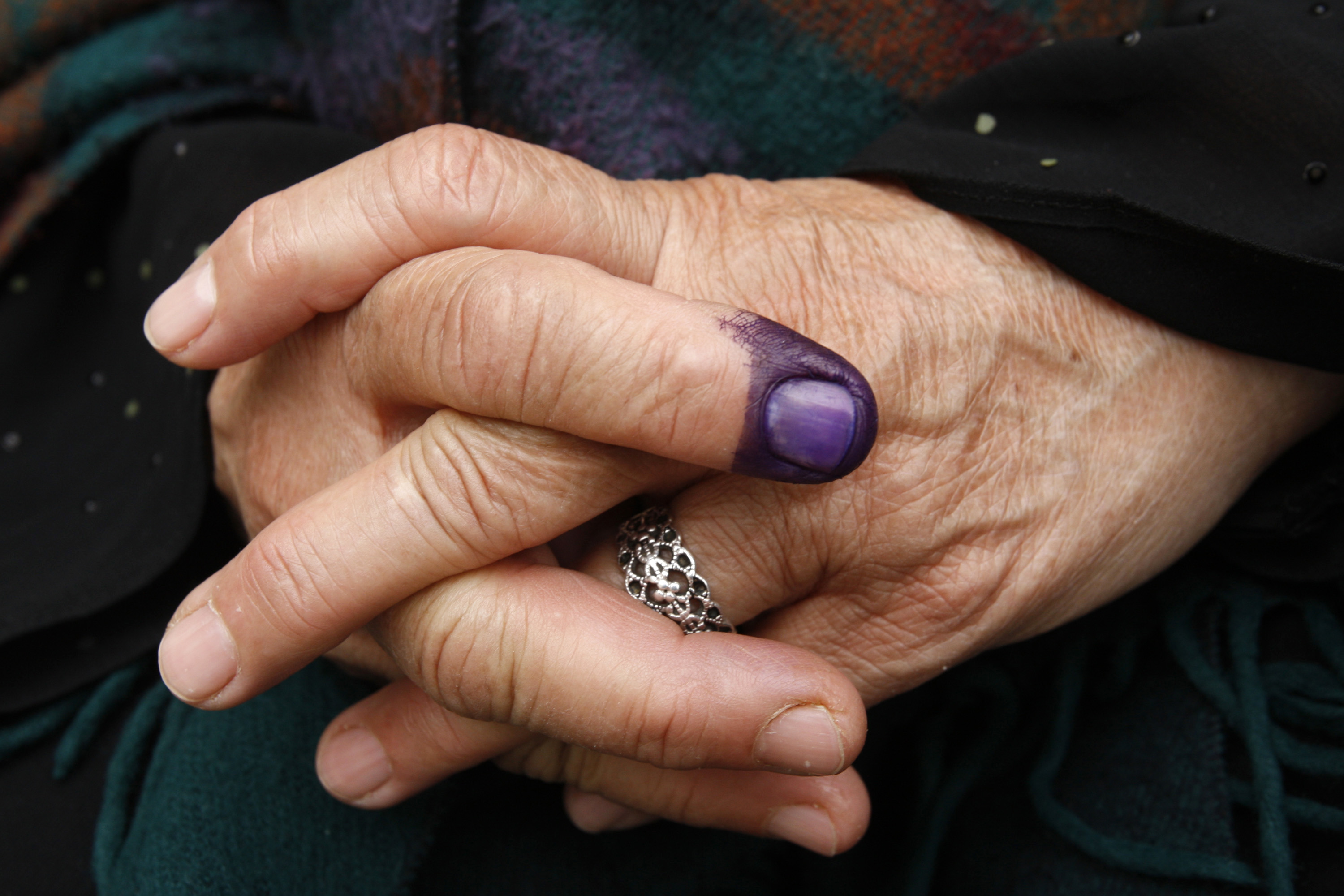Lebanon and Iraq: After the elections

Madam Chairman, Ranking Member Deutch, distinguished members of the subcommittee, good afternoon. Thank you for inviting me to share my analysis with you. I must begin, as always, by noting that I represent only myself before you today; the Brookings Institution does not take any institutional positions on policy issues.
The elections in Iraq and Lebanon earlier this month present a fragile but important counterpoint to a region in turmoil. They offer both risks and opportunities for American policy, and we must be wary of drawing strong conclusions from ambiguous results amidst very dynamic politics in both countries. That said, there are some positive developments worth nurturing in both Iraq and Lebanon. The United States must stay engaged, using diplomatic and economic tools and working together with regional partners who share our goals of promoting stability and tempering Iran’s influence. We can encourage sovereignty amidst the region’s swirling conflicts, support local democratic development, and over time encourage political shifts toward less sectarian and more effective and responsive domestic governance. The greatest risk for American policy toward Lebanon and Iraq right now would be to embark on blunt-force policies, either by walking away from the fight or by squeezing these fragile countries into unwelcome crisis. Such tactics would give away American influence, advantaging Iran further across the region.
In assessing these electoral outcomes, the committee has asked us to examine their impact on Iran’s regional influence and the broader regional geopolitical competition between Iran and its adversaries. To place this in the context of U.S. policy toward Iran: Secretary Pompeo’s speech yesterday laid out a list of desiderata for changed Iranian policies that I think we can all agree are worthy goals. But a strategy links goals to means—and yesterday’s speech did not lay out any path by which the United States can actually move toward achieving the goals it seeks. Maximalist demands plus unilateral sanctions do not make up a strategy. I address strategy toward the broader confrontation with Iran below.
Elections are a notable counterpoint to regional trends
For Lebanon and Iraq, holding relatively peaceful elections in the face of stressful circumstances is itself a small triumph. After the people-power uprisings of the Arab Spring were hijacked by violence in Syria, Libya, Bahrain, and Yemen; after Egypt’s popular overthrow of the Mubarak regime was hijacked first by an elected president who betrayed democratic principles, then by a military coup and a renewed dictatorship; after resurgent monarchs and extremist militias have dominated and driven the region’s trajectory for more than half a decade—after all this, a relatively peaceful and relatively open election is truly an event worth celebrating. And we have now seen three, because Tunisia held municipal elections during the same two-week period as Lebanon and Iraq’s parliamentary balloting.
Amidst all the violence and zero-sum arguments, these three electoral exercises offer the Arab world a fragile but important counterpoint. Extremists claim that only violence can bring change; these elections promise another path. And seeing Lebanon and Iraq pull off free elections under such trying circumstances, it’s harder for strongmen in other Arab states to argue that they can’t afford the risk to stability of allowing their own peoples a choice in who governs them. I don’t want to overstate this impact, but I do think it’s important to recognize the fundamental power of citizens making a democratic choice, even in challenging and constrained circumstances.
Growing nationalism and demands for effective governance
We also need to examine these elections in the light of local political dynamics. Ultimately, like other democratic elections, these reflect the views and priorities of voters, and we must not dismiss those sentiments if we are to understand the opportunities and risks these outcomes present for U.S. interests.
In both Iraq and Lebanon, elections yielded low turnout. Both those who voted and those who stayed home expressed impatience with established political movements who are more interested in dividing the spoils of government than in actually governing. In both of these divided societies, sectarian politicians have kept the peace in part by taking a “no-losers” approach to forming governments, whereby nearly every faction gets a place at the public trough that it can use to provide patronage to its followers. But this approach is facing some limits, as citizens feel increasingly secure from civil conflict and impatient with patronage politics, and increasingly prioritize basic government effectiveness over loyalty to their sectarian or tribal group. In both
Iraq and Lebanon, a sense of nationalism opposed to outside interference is also growing, and producing opportunities to weaken the hold of movements rooted in patronage and sectarian identity. Lebanese and Iraqi citizens trust their army and security forces more than they do other public institutions.
In both places, these trends offer the possibility that newer, more independent political forces may emerge—but they also present the risk that, if they don’t see progress, citizens could simply give up on electoral politics and on the government itself as a source of solutions to their day-to-day problems. The alternative to competitive electoral politics in Iraq and Lebanon is not likely to be mere apathy—it’s likely to be more violence. As the United States continues to confront instability across the region, it has a stake in supporting healthy political competition and coalition building, in supporting more effective and responsive governance that addresses the concerns of citizens, and in nurturing new political alternatives not defined by sectarian or militia affiliations.